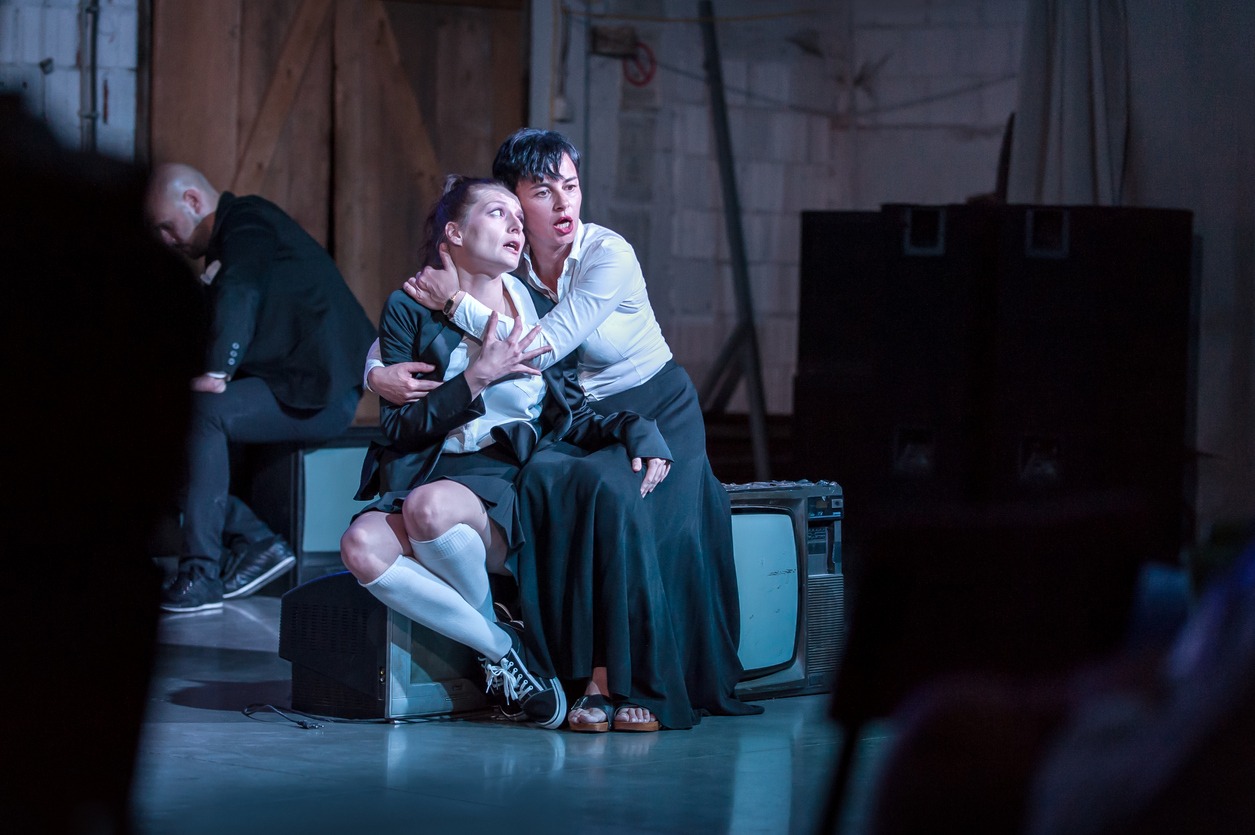Who hasn’t stood in front of their bathroom mirror, gazed in it, and then broken into some act? People have long pretended to be performers in their own homes, whether reciting a Shakespearean lyric, a line from a beloved movie, or simply executing an improvisation routine for their amusement. This happens in the bathroom or the bedroom, where they have some privacy, and no one else in the home can see, hear or make fun of them.
Theater acting is frequently considered a career rather than a recreational activity; yet, as a hobby, acting can help you meet new people and develop a strong sense of self.
To address the question, acting can be a hobby for certain people, particularly if they like the benefits or have a natural passion for it.
If you have to push yourself to go to drama class, acting lessons, or even the theater, it’s probably not a hobby; hobbies are activities you do for fun in your spare time.
Theater Details
Read More About This Hobby| Category: Art, Music, Performance, Social | Time: 2+ hrs | Skill: Some |
| Initial Cost: $$ (51-100) | Space: little | People: large, small |
| Long-Term Cost: Low | Makes Money: No | Location: indoor, outdoor |
Why Pursue Theater Acting as a Hobby?

On the other hand, acting as a hobby has numerous advantages and can even help you acquire crucial life skills such as confidence, public speaking, planning, and organizing.
Anyone with or without formal training can act. The amount of training (or lack thereof) received will generally affect one’s degree of performance. It is comparable to folks who adore singing. Anyone who can talk can open their mouth and sing, though some say certain people are tone-deaf (meaning they can’t strike the right notes no matter how hard they try). In this way, acting is comparable to singing.
These are just a few of the advantages, and the list of benefits is relatively long.
Most people enjoy acting because it allows them to meet new people and form friendships while simultaneously achieving a common goal: to entertain others.
Acting as a pastime can be a lot of fun, and today we’ll go over some of the crucial principles to help you get the most out of it.
How to get started?

If you want to pursue acting as a hobby, you’ll need to overcome several obstacles first; for most people, the main barrier will be their lack of confidence in performing in front of others.
It’s simpler to begin starting as a youngster because you’ll almost certainly have to take drama lessons in school, which assist most individuals in breaking the ice. However, not everyone has that opportunity, so we advocate not debating further.
If you’re already an adult, waiting around or doubting if it’s for you isn’t going to help you figure out if it’s right for you.
Acting is a valuable hobby that requires you to participate physically rather than simply watching and learning from afar.
Don’t wait to become involved with something because you’re wondering “what if,” or you’ll never get started.
If you want to take it to the next level, you need to learn everything there is to know about acting.
This entails a lot of movie viewing, keeping up with acting news, subscribing to acting magazines or publications, and even visiting acting events worldwide.
You may enroll in prestigious schools such as Julliard’s Performing Arts school in New York City or local classes from your community college. There are numerous opportunities to develop your skills and talents while learning from experienced instructors.
You become a better actor the more seeds you scatter.
It will also allow you to network with key figures in the acting profession and link you with other like-minded people.
To succeed in acting, you must be brave and not be afraid to do what the other 99 percent did not.
Film Acting vs. Stage Acting

While most people are familiar with movie performers, there is a significant distinction between performing for the camera and acting for the stage. Lighting, angles, and microphones all play a role in film production. Every nuance, facial motion, or verbal intonation is emphasized in the film; therefore, it’s crucial to pay attention to the finer points.
The focal energy on stage is projection, facing the audience, and body gestures. It is usual in the performing arts for award-winning stage performers to have difficulty adapting to film productions and for highly celebrated film actors to fall far short of their prowess when put on stage. Actors are more likely to learn for the scene before moving on to film than the other way around, but if your goal is to perform rather than gain fame or wealth, it doesn’t matter where you start.
Because film projects are more expensive than stage plays, modest roles in local community theater are considerably easier to come by than acting jobs in television shows or advertisements.
The actor must understand the distinction between camera acting and stage acting. In general, stage acting is exaggerated, whereas camera acting is simply acting normally—a normal tone of voice, normal motions, etc. There are a few clear contrasts between film and stage acting that don’t require much explanation.
Acting Tips

The theater is all about teamwork and creativity, but it’s easy to overlook that while you’re trying to learn your lines. Your castmates, clothes, and scene changes are all gone. Only you and the script remain. You can utilize these ways for memorizing lines that professional actors use.
The nerves that come with auditioning for that perfect role are understandable. It can be challenging to stand out from the crowd when many people audition for the most wanted roles.
Look underneath the dialogue. What are their expectations of the other characters? What is the role of the character in the scene and story?
Taking the time to research the role is one of the most acceptable ways to get a leg up on the competition. Begin by learning about the character, the story’s setting, or a particular time era. This additional knowledge will assist you in determining the appropriate words and diction to utilize and how to frame your gestures.
Consider watching some of the old recordings of previous performances if this part has been played before. This would be especially useful if the job were performed with a lot of fanfare. Observing and studying will aid you in deciding how to approach the audition so that you can fully immerse yourself in character.
Conclusion

Acting is a terrific method for anyone to act and entertain, whether for their local community through community theater, in their own house for family and friends, or on a vast stage. People from all walks of life can participate, regardless of their disabilities or restrictions.
Acting allows us to connect in a way that communication does not. Good acting enables an audience to connect with a character, believe in their plight, and empathize and feel something for another.
While too many individuals in our modern society view playing as a million-dollar celebrity lifestyle and chance, most performers live and breathe in small theaters. If acting is something you’re interested in, you’re about to embark on a journey of wonder and amusement.
